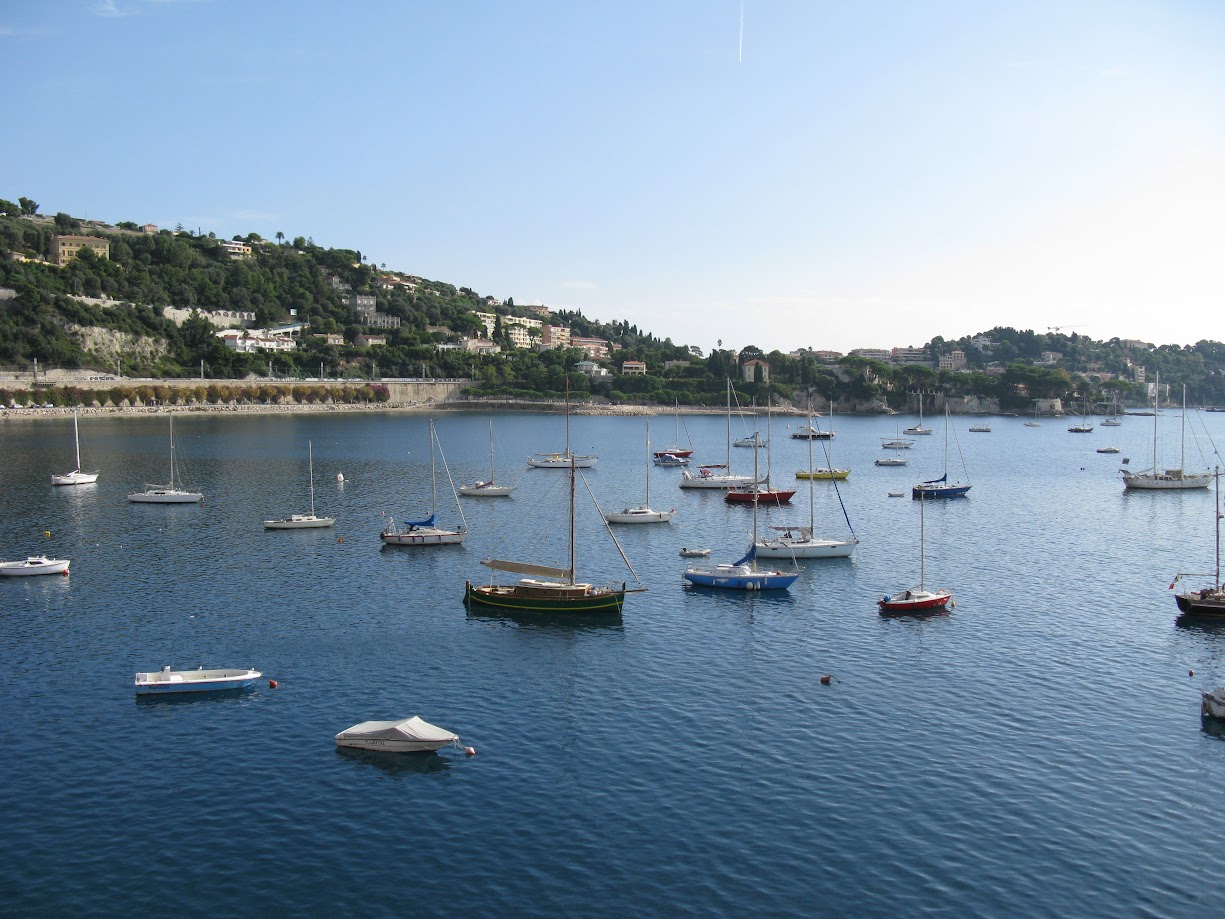Tag: October 2003
-
Meeting News from Ontario
For information on Ontario meetings, please contact Svatka Hermanek: shermanek@schulich.yorku.ca or Bruce Weber: tel. 416-203-0911 or Paul Webb: tel. 416-694-8259. Meetings are held on the third Friday of January, March,
-
Meeting News from Texas
Globetrotters meeting on Saturday November 8th. If you like independent, adventuresome, fun, daring, exciting, “off the beaten path” travel, this club is for you. Our meeting begins at 2 P.M.
-
Cambodia Snippet by Busby
Busby tells us some brief travel facts about Phnom Penh, Siem Reap and Cambodia in general from her recent trip there. She says: “Phnom Penh is not a very safe
-
Travels from Dar-es-Salaam by Becky Stickland
Becky is a volunteer worker for Trade Aid and is working in Mikindani, Southern Tanzania. This story is a true account of how she experienced a narrow escape and could
-
Amina Lawal: Court Quashes Death Sentence
The Globetrotters e-newsletter has been following the case of Amina Lawal, the Nigerian woman who was convicted and sentenced to death by stoning in March 2002 after giving birth to
-
Your responses on Burma
A big thank you for all your comments and thoughts sent to the Beetle. We had two votes for visiting Burma and one against visiting. What do you think? London
-
Thin Girl with a Headscarf by Richard Mowell
Richard Mowll is a civil engineer from Croydon, who travelled to Western Uzbekistan in January 2002 with MSF to rehabilitate a 600 patient TB dispensary. He then went on to

